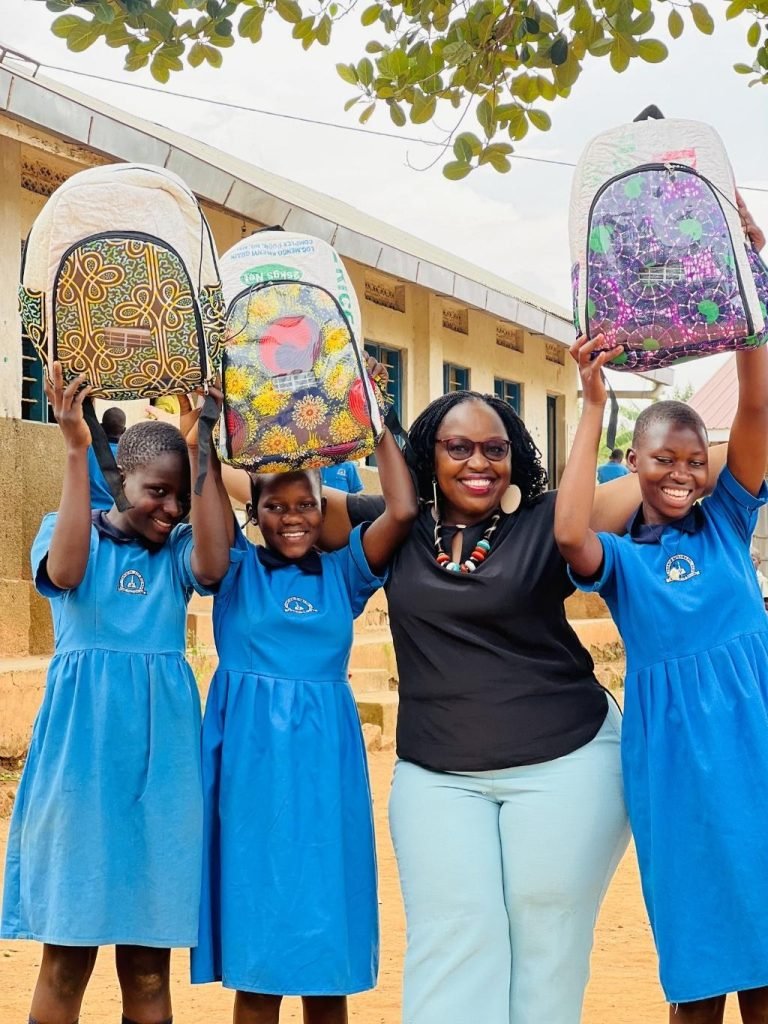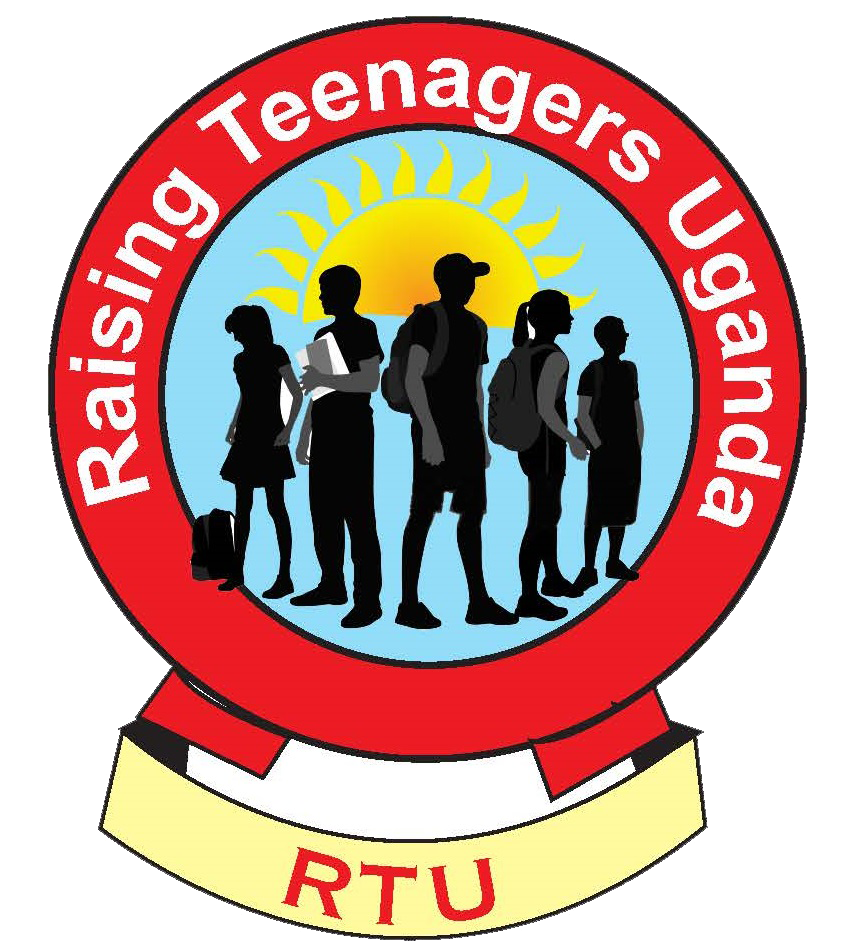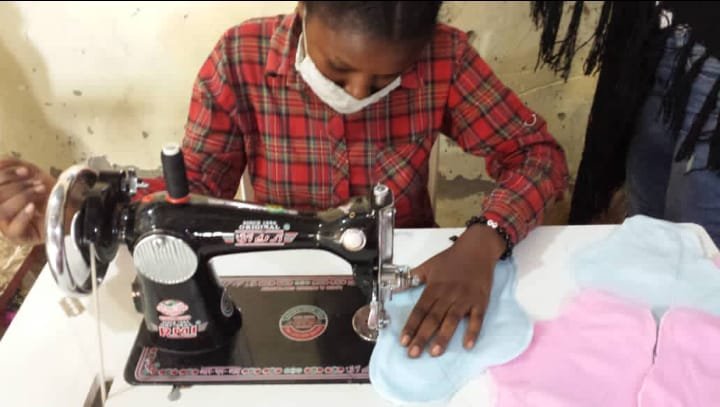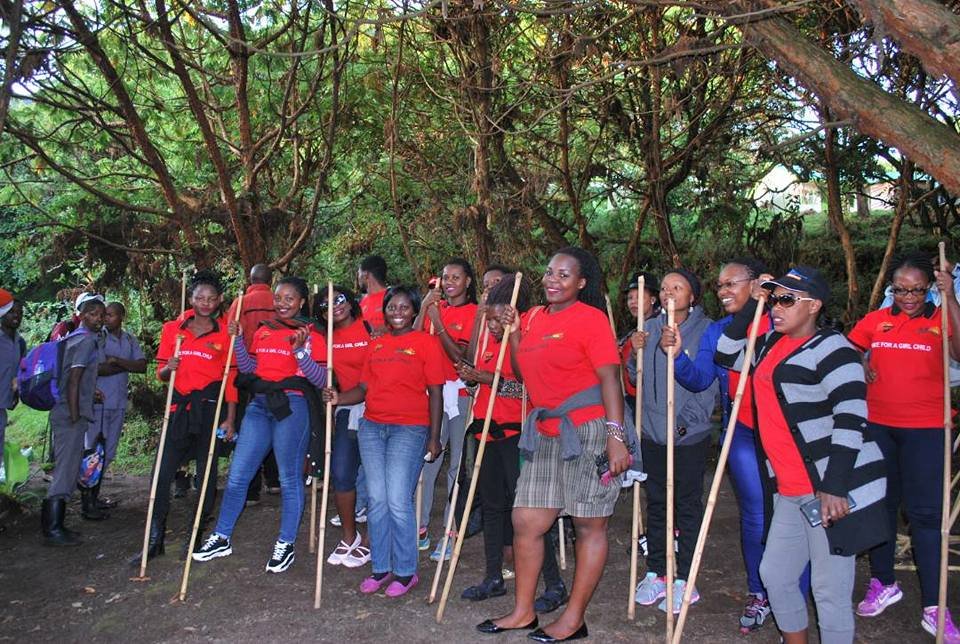EMPOWERING GIRLS THROUGH DIGNIFIED MENSTRUATION

Menstruation remains a significant yet often overlooked challenge affecting girls’ education especially in low income and rural communities. In Uganda, many adolescent girls face many barriers when managing their periods, including lack of access to menstrual products, cultural taboos and misinformation. These challenges result in missed school days, low self-esteem and school dropout. At Raising Teenagers Uganda, we believe that every girl deserves to learn with dignity and confidence, regardless of her background. We recently partnered with Smart Girls Uganda in a visit to Bugimba Primary School. This initiative aimed to empower young girls through the distribution of Ecojua bags, multifunctional bags designed not just as carriers but as life changing tools. The Ecojua Bag project supports girls to stay in school by addressing key barriers to education linked to menstruation and access to learning resources at home.
In many rural areas of Uganda, electricity is unreliable and this affects the students’ ability to study after school, especially those in day school. Each Ecojua bag contains a solar-powered bulb, offering girls a dependable source of light to do homework and read at night It also contains a menstruation guide that educates girls on their menstrual cycle, hygiene practices and debunks harmful myths. This resource encourages girls to embrace their periods with confidence and understand that menstruation is a normal, healthy process. 6 in 10 girls still miss school due to menstruation related challenges and often resorting to unsafe alternatives such as cloth rags, newspapers or even leaves and some end up dropping out of school or getting into early marriages which robs them of their futures. The Ecojua bag includes a pack of reusable pads which are sustainable, washable and durable for up to a year and this ensures that girls can manage their periods comfortably and continue attending school. Beyond distributing supplies, our visit to Bugimba Primary School focused on engaging in meaningful conversations around menstrual health management. These discussions created a supportive environment where girls could speak openly about their experiences, ask questions and learn from each other.
Culturally, menstruation in many Ugandan communities remains a topic surrounded by stigma and shame. As a result, many girls grow up feeling isolated during their periods often lacking support from their families or schools. Through our interactive sessions, we aimed to normalize menstruation and equip girls with the knowledge and confidence they need to thrive. We also engaged teachers and school administrators, encouraging them to create menstrual-friendly school environments. When educators are well-informed and sensitive to these issues, schools become safer spaces where girls can fully participate in learning.
The most profound moments during our visit emerged from the testimonials of the students themselves. Many had never encountered reusable pads before and often missed school during their periods due to fear of leaks or being teased. Nakitto Blessing, a pupil at Bugimba Primary School, expressed her relief: “Now I can go to school even when I am bleeding. I feel safe.” Nakazzi Allen highlighted the academic benefits of the solar-powered bulb:-“The solar light will help me read at home. We don’t have electricity, and I used to sleep early even when I had homework.” By providing reliable menstrual products, educational materials and lighting, we are not merely offering assistance, we are investing in these girls’ futures, affirming their worth, and emphasizing the importance of their education.
Dignified menstruation allows girls to attend school regularly, participate fully in class and pursue their goals without fear or shame. It also builds their self-confidence and encourages them to speak up and take leadership in their communities. When girls stay in school, they are more likely to delay marriage, avoid early pregnancy and break the cycle of poverty. By integrating menstrual health into our education interventions, we tackle a root cause of gender inequality. We challenge systems and traditions that silence girls and keep them out of the classroom. The success of our visit to Bugimba Primary School is just the beginning. At Raising Teenagers Uganda, we remain committed advocating for policies that prioritize menstrual health as a fundamental right and to implement programs that respond directly to girls’ voices and needs.


Projects

Education – Sponsorship for Underprivileged Girls
GOAL : 1500 $

Community Clubs
GOAL : 3457 $

Menstrual Health and Hygiene Management
GOAL : 5000 $
ALL CONTACTS
- Suite A1 – SAYUUNI COMPLEX, NTINDA – KISASI ROAD
- Mobile +256 772 305 742
- Office +256 702 305 742
- hope@raisingteenagers.org
- 08 am - 06 pm Sunday closed
SUBSCRIBE
Subscribe to our News letter and be part of our Work to.
- info@raisingteenagers.org
- hope@raisingteenagers.org






